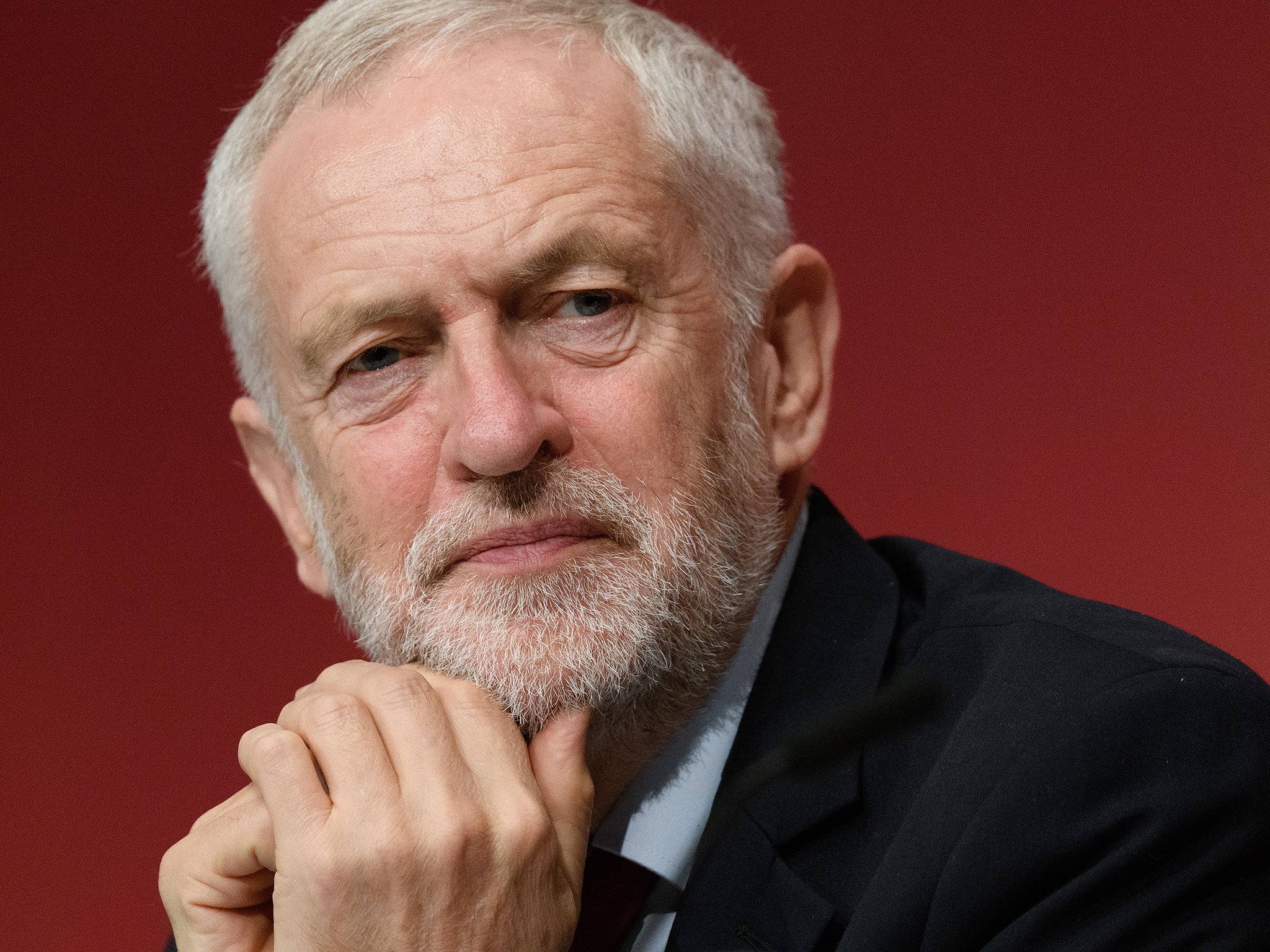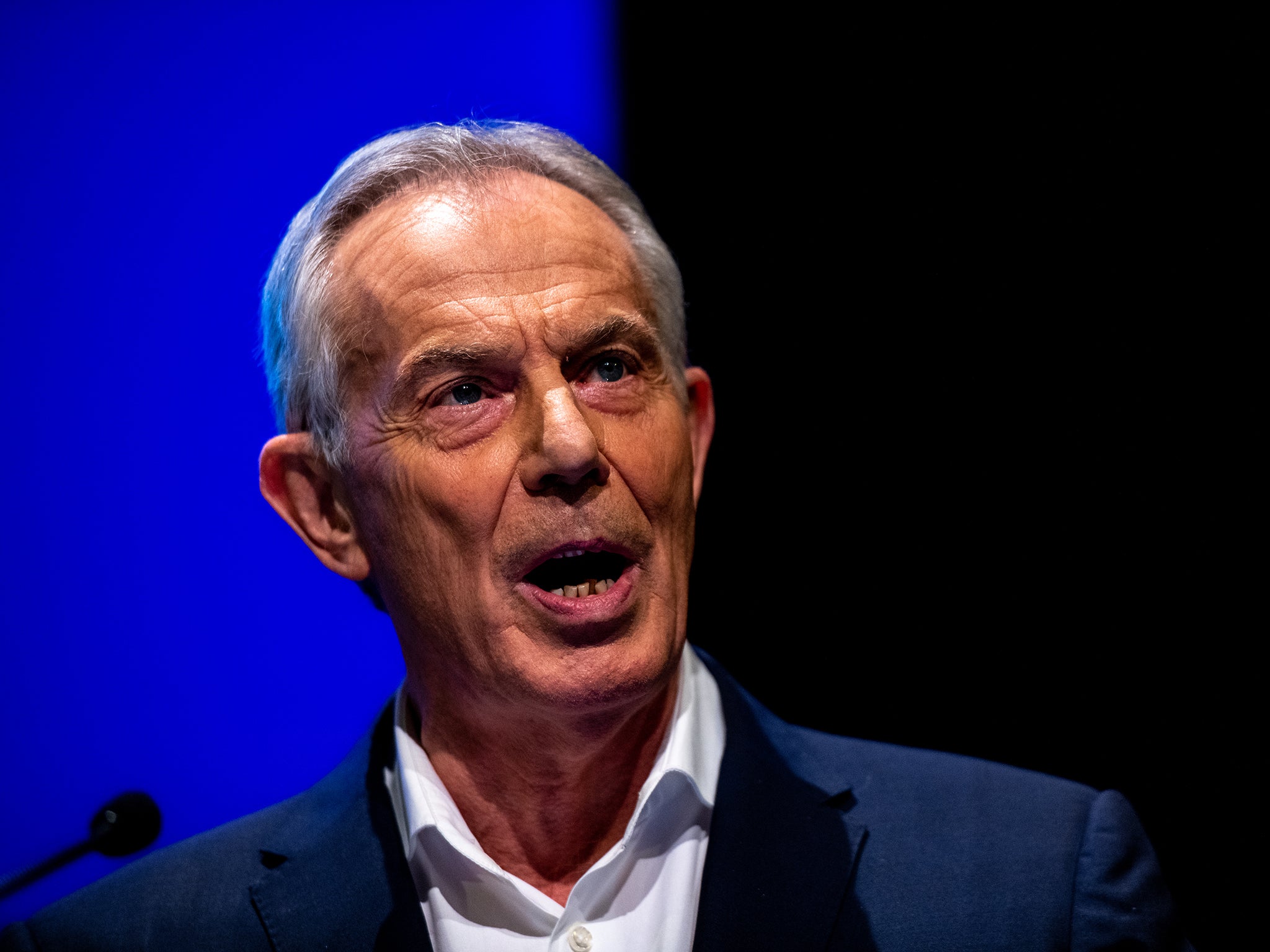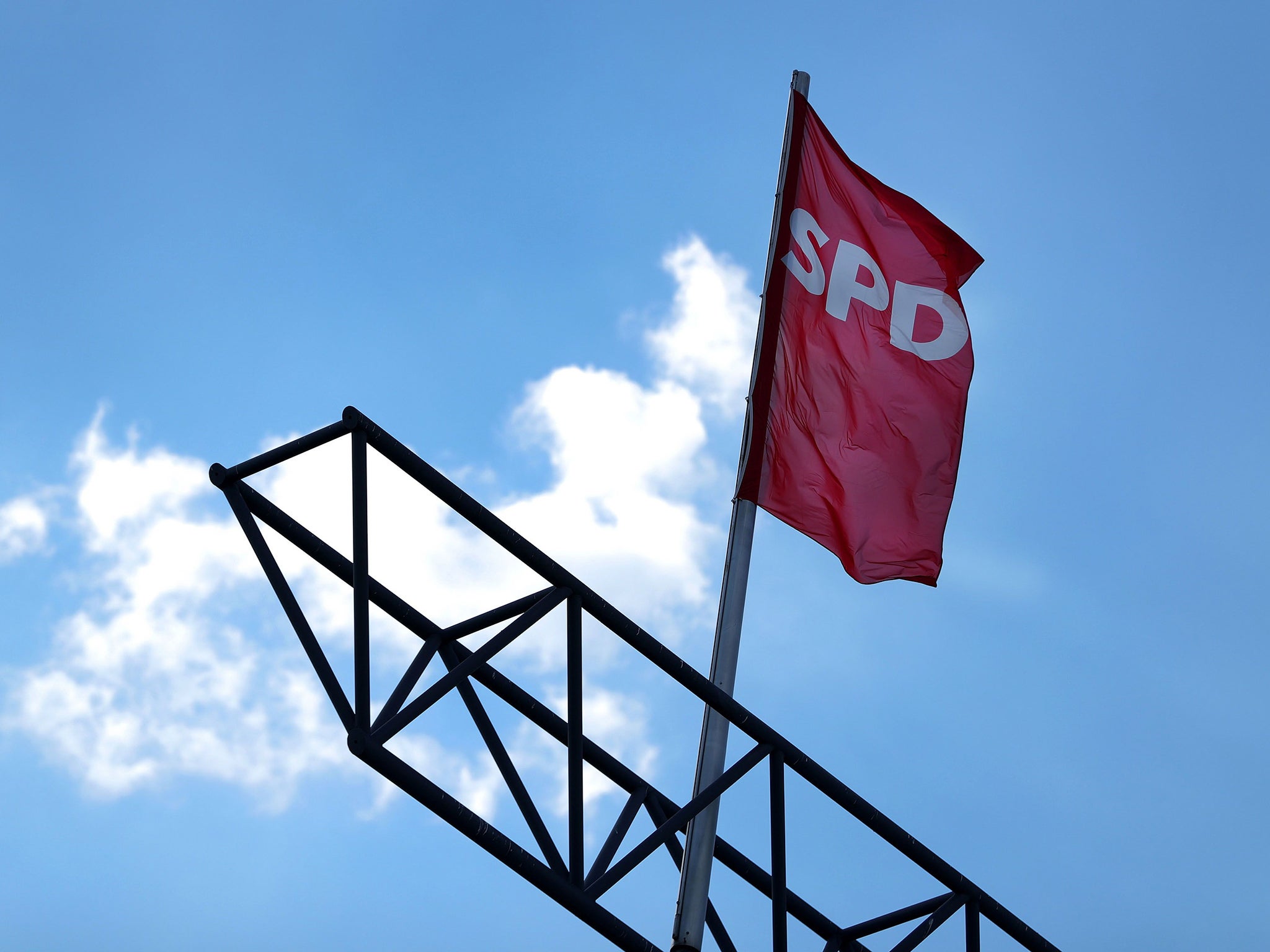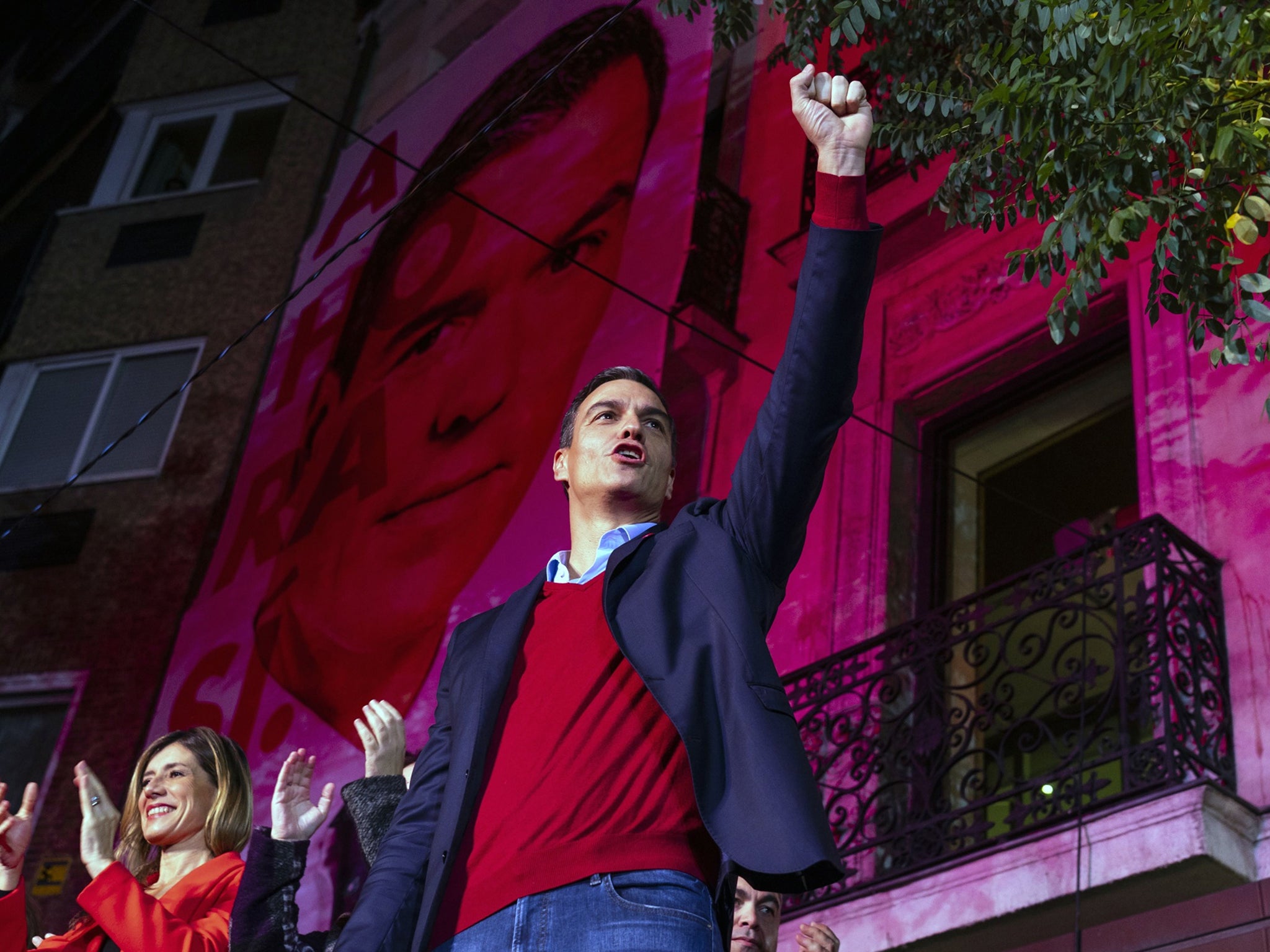Socialism declining in Europe as populism support grows
Left-wing parties in precarious position as right-wing thinking increases

Your support helps us to tell the story
From reproductive rights to climate change to Big Tech, The Independent is on the ground when the story is developing. Whether it's investigating the financials of Elon Musk's pro-Trump PAC or producing our latest documentary, 'The A Word', which shines a light on the American women fighting for reproductive rights, we know how important it is to parse out the facts from the messaging.
At such a critical moment in US history, we need reporters on the ground. Your donation allows us to keep sending journalists to speak to both sides of the story.
The Independent is trusted by Americans across the entire political spectrum. And unlike many other quality news outlets, we choose not to lock Americans out of our reporting and analysis with paywalls. We believe quality journalism should be available to everyone, paid for by those who can afford it.
Your support makes all the difference.It was a bad year to be any kind of socialist in Europe. The decline has been long and agonizing for a once-dominant force, but in 2019 falling popularity reached new depths and raised questions over whether reinvention can lead to a revival.
A decade ago, the prime ministers of Britain, Spain, Greece and even Hungary were from the centre-left. Many went on to swiftly lose power, but then socialist governments emerged in France and Italy. Now the political brand looks like an anachronism.
Populism has tested the ability of mainstream parties to adapt and some on the centre-right are regaining their footing. That cannot be said of the traditional left. It gravitated towards the middle ground in the 1990s, and then paid a price for selling out. But a pendulum swing to 1970s-style radical ideology has been shown to be just as out of sync with the times.
This year ends with the humiliation of the Labour Party in the UK’s 12 December election and Germany’s Social Democrats more unpopular than at any time in living memory. In Italy and Spain, the centre-left are in government only thanks to precarious alliances with the anti-establishment groups that grew from the 2008 financial crisis.
For Jacob Funk Kirkegaard, a senior fellow at the Peterson Institute for International Economics in Washington, the malaise runs deep, indeed as far back as the Cold War era of the early 1970s. “There has not been a charismatic and genuine left-wing leader who made a true difference in Europe since Willy Brandt”, who won a Nobel prize for building bridges between east and west and paving the way for German reunification.
This is what the parties are facing as we enter 2020:
Britain
Brexit-battered voters were turned off by Labour leader Jeremy Corbyn‘s promises of a socialist revolution, which was to include everything from nationalising industry to free broadband.
The party lost Scotland years ago, but this month areas of England’s post-industrial north abandoned Labour, some for the first time in their history. Harking back to the wilderness years in the 1980s, Corbyn is the most unpopular opposition leader in British history.

Tony Blair returned Labour to power by dragging the party to the centre, winning three back-to-back elections. But his catastrophic decision to follow the US into war in Iraq wrecked his legacy and made him toxic at home. His warning this week was existential.
“The choice for Labour is to renew itself as the serious, progressive, non-Conservative competitor for power in British politics, or retreat from such an ambition, in which case over time it will be replaced,” Mr Blair told an audience.
Germany
At the heart of the identity crisis is a harsh reality: working class voters have been abandoning the very parties whose raison d’etre was to protect them. Blue collar workers are switching sides. Today there are not only fewer of them-as economies have evolved to more high-skilled labor-but those left are more socially conservative and opposed to immigration.
Like its counterparts elsewhere in Europe, Germany’s Social Democratic Party has struggled to find the antidote for a tidal wave of anti-immigration sentiment and to stop the Greens sopping young environmentally-conscious voters.
The SPD is now pinning its hopes on a pair of unknowns to lead it out of an existential funk after governing with chancellor Angela Merkel’s conservatives damaged the brand. Today, the SPD, the country’s oldest party, polls in fourth place with less than 15 per cent. The Greens could potentially displace the SPD in the coalition down the line.
Proposals like a tax on the wealthy and an increase of the minimum wage were dismissed by one SPD critic as a “warmed-up box of socialist moth balls”. “If they move further to the left, the SPD will stop being a people’s party,” warned Andrea Roemmele, professor of political communication at the Berlin-based Hertie School.

France
When it comes to a plunge in popularity, few leaders can better than Francois Hollande, the country’s most reviled president. His socialists are on life support and his former prime minister pronounced the party “dead and gone”.
For sure, the French socialists were always prone to infighting. In 2002, their failure to unite behind their candidate for president allowed far-right leader Jean-Marie Le Pen to make the run off against incumbent Jacques Chirac. But this time the way back seems much longer.
President Emmanuel Macron was the beneficiary more recently, creating a centrist party that triumphed in 2017. He has since emerged as the strongest voice in the European Union.
Italy
Political fluidity is another challenge, especially in parts of southern Europe without a two-party system or where the political landscape has fragmented beyond recognition. Gone are the days when you stuck to your tribe for life.
Voters are willing to get experimental and there is no better political laboratory than Italy where parties surge and disappear in the blink of an eye. There, the strangest alliances are forged, such as that between rival populists.
It explains how the centre-left has changed its name countless times. Its latest incarnation as the Democratic Party is trying to rebuild its support base and is in government with the populist Five Star Movement. But together they poll about the same as Matteo Salvini’s anti-immigration League, which is itching for an election and will eventually get one.

Spain and Portugal
When that time comes, the centre-left strategy in Italy is to lure voters away from Five Star. In Spain, it’s a gamble that Pedro Sanchez was banking on when he called two elections in the space of a year to try and shake off his dependence to far-left populists Podemos. It hasn’t worked out.
He too is trapped in a marriage of mutual, and temporary convenience. That leaves Portugal as a left-wing oasis in Europe, but one that increasingly feels like an exception.
Greece
Tribal politics was the norm in Greece until the country became the epicentre of Europe’s debt crisis. Two parties traded power since the junta fell in 1974. But then as the socialist Pasok party became the biggest political casualty of the upheaval, a group further to the left filled the vacuum.
Alexis Tsipras’s Coalition of the Radical Left, or Syriza, shot to power in 2015 and effectively challenged Europe to a duel over austerity and Greece’s euro membership. He blinked, turned into the Marxist fireband tamed into submission by Brussels and was ejected from office this year. He left with his international reputation enhanced, but at home the conservative New Democracy is back in power.
Malta
On the Mediterranean island of half a million people, the Labour Party was enjoying a long stint in government until the country’s legacy of failing to tackle corruption caught up with it. Joseph Muscat, prime minister since 2013, was lauded for Malta’s economic growth. Now he’s the lightning rod for anger over a murder scandal.
Two years after the brutal murder of journalist Daphne Caruana Galizia, the police investigation has reached Mr Muscat’s inner circle. He denies any involvement and resigned, saying he will step down next month. Protesters want him gone now.
Scandinavia
In Sweden, a far-right surge rocked a beacon of liberal democracy. The Social Democrats managed to cobble together a government, but for first time in decades they are no longer the most popular party in most opinion polls as the anti-immigration Sweden Democrats overtook.
The Social Democrats in Denmark at least were able to return to power this year, though in part by adopting some policies of its anti-immigrant rival by tightening controls.
Eastern Europe
In eastern Europe, socialist parties have been on the slide for years as right-wing populist leaders like Hungary’s Viktor Orban and Jaroslaw Kaczynski in Poland cemented their power by portraying some opponents as apologists for communism. Kaczynski’s Law & Justice Party won a second term in October with an outright parliamentary majority, albeit against a main opponent that’s from the centre-right.
But in Romania, the left-leaning Social Democratic Party was part of the government for more than a decade until its minority administration collapsed last month. For former party leader and national strongman Liviu Dragnea, it arguably couldn’t get any worse. He was jailed in May for corruption.
The Washington Post
Join our commenting forum
Join thought-provoking conversations, follow other Independent readers and see their replies
Comments